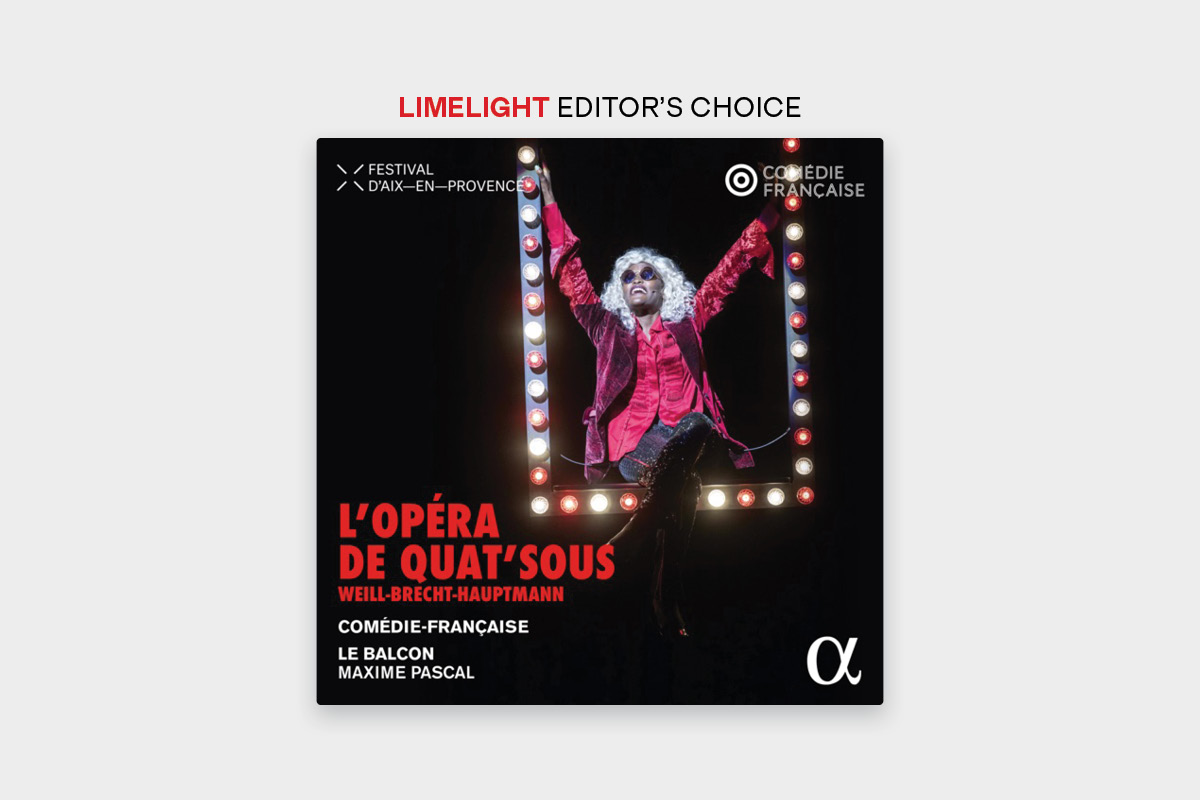When Die Dreigroschenoper opened in Weimar-era Berlin in 1928, it shook up the twin worlds of theatre and opera. Bertolt Brecht’s script, adapted from a translation by Elisabeth Hauptmann (at the time, his lover) of John Gay’s 18th-century ballad opera, The Beggar’s Opera, held up an uncomfortable mirror to incipient capitalism and the German bourgeoisie. Like Gay’s original, it felt timely and relevant. Kurt Weill’s raw, sassy music was an instant hit, as were his up-to-the-minute, jazz band-infused orchestrations, which included saxophones, accordion, banjo and Hawaiian guitar.

The original French version – dubbed L’Opéra de quat’sous (if you’re a counting, that’s one coin more than the German three groschen) – opened in 1930 at the Théâtre Montparnasse in Paris. The following year, the German director G W Pabst made a French-language version of his German film adaptation, songs from which have cropped up on disc from time to time. To add to the work’s French credentials, Weill and Lotte Lenya spent two years in the French capital after fleeing the Nazis in 1933.
This new...










Comments
Log in to join the conversation.